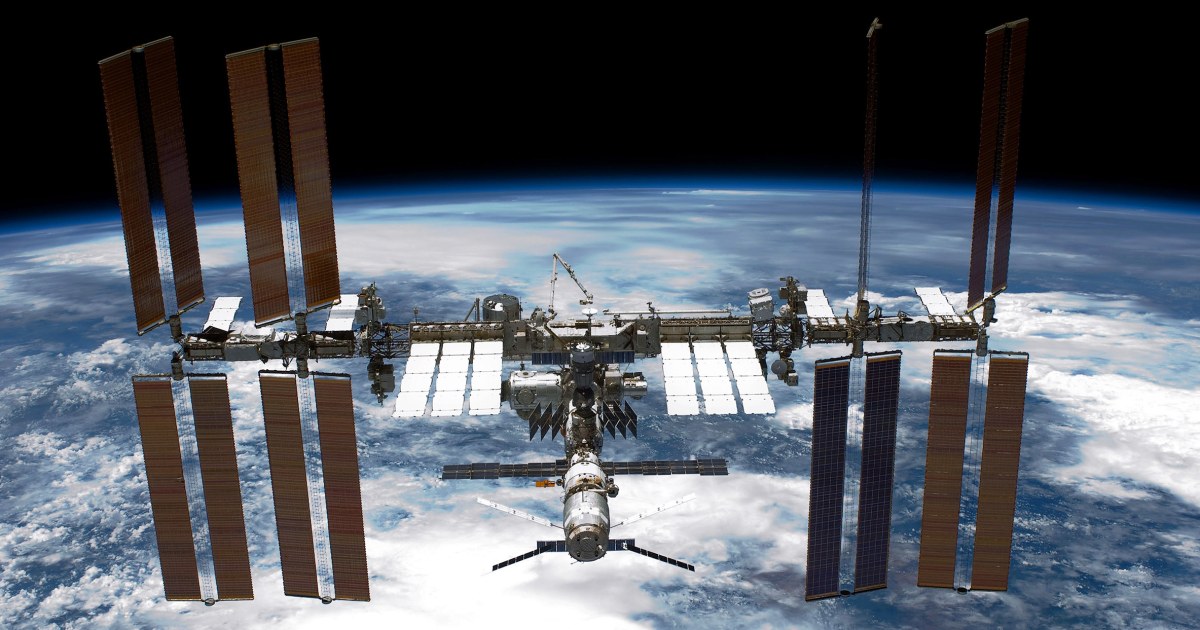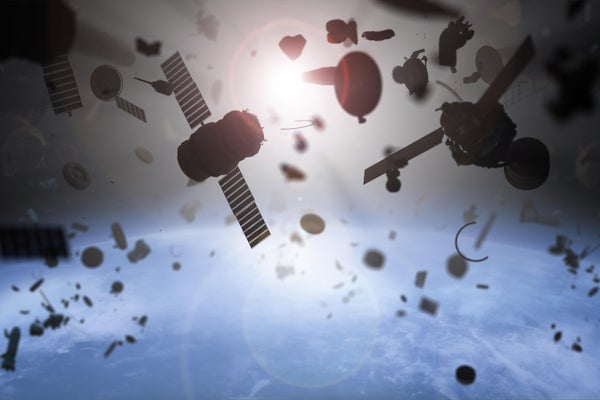NASA has been forced to reassure the public that there is no emergency aboard the International Space Station, after audio of a medical drill was accidentally played on a livestream Wednesday night.
The regular scheduled livestream was interrupted at 6:28 p.m. ET by an unidentified speaker — apparently a flight surgeon — liaising with the crew on the ISS on how to deal with a commander suffering from serious compression sickness.
The speaker advises the crew to “check his pulse one more time,” before placing the stricken astronaut inside a suit pumped full of pure oxygen. She says any action would be “best effort treatment” and better than doing nothing.
“Unfortunately, the prognosis for Commander is relatively tenuous,” she says.
She says she is “concerned that there are some severe DCS [decompression sickness] hits” and tells the crew to get him in a suit as soon as possible.
She mentions that there is a hospital in San Fernando, Spain, with hyperbaric treatment facilities, in an apparent suggestion of ordering an emergency evacuation from the space station.
But after fueling alarm among the space enthusiasts listening, NASA revealed that the scenario wasn’t real — the ISS crew were all safely asleep at the time.
“There is no emergency situation going on aboard the International Space Station,” NASA said.
“At approximately 5:28 p.m. CDT, audio was aired on the NASA livestream from a simulation audio channel on the ground indicating a crew member was experiencing effects related to decompression sickness,” the agency said in a message on X.
“This audio was inadvertently misrouted from an ongoing simulation where crew members and ground teams train for various scenarios in space and is not related to a real emergency,” NASA said.
“The International Space Station crew members were in their sleep period at the time. All remain healthy and safe, and tomorrow’s spacewalk will start at 8 a.m. EDT as planned,” it added.
The emergency drill comes after two astronauts from Boeing’s Starliner capsule successfully docked with the ISS last week.









:quality(85):upscale()/2024/04/04/954/n/1922441/f8a5834c660f218dda4f47.34950344_.jpg)




